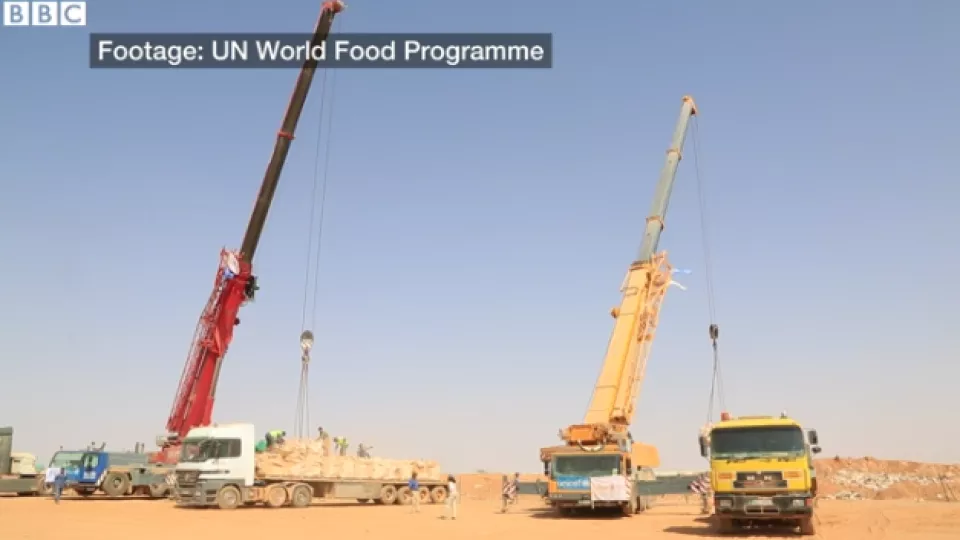Kenan was working with UNICEF to support coordination of critical lifesaving services and supplies for Syrian children and families at Jordan’s North Eastern border. UNICEF was supporting vaccination of children and women; infant and young child nutrition services; child friendly spaces with psychosocial support services; and delivery of safe water and sanitation services.
Since the closure of the borders in late June 2016 following the terrorist attack, UNICEF has been working with the Government of Jordan, in delivering water to Syrian asylum seekers at the border. More recently, in early August, when WFP and UNICEF worked in delivering 30 days ration of food and family hygiene kits to Syrian asylum seekers at the border, he was part of the UNICEF humanitarian team helping coordinate the distribution.
High temperatures averaging above 40 degrees Celsius, lots of dust, and hours and hours of driving in the desert are just some of the logistical difficulties in reaching the affected population.
– But that is what humanitarian work is about and I am fortunate to work with a very experienced UNICEF team who have necessary contingency and security measures that enables us to work even under difficult conditions, says Kenan about the experience.
Due to the fact that driving in supplies are not possible, the team worked around this problem by lifting in the sacks of food and other items by cranes from the Jordan side of the border on to pick-up trucks on the Syrian side.
Read more about the events at BBC,


